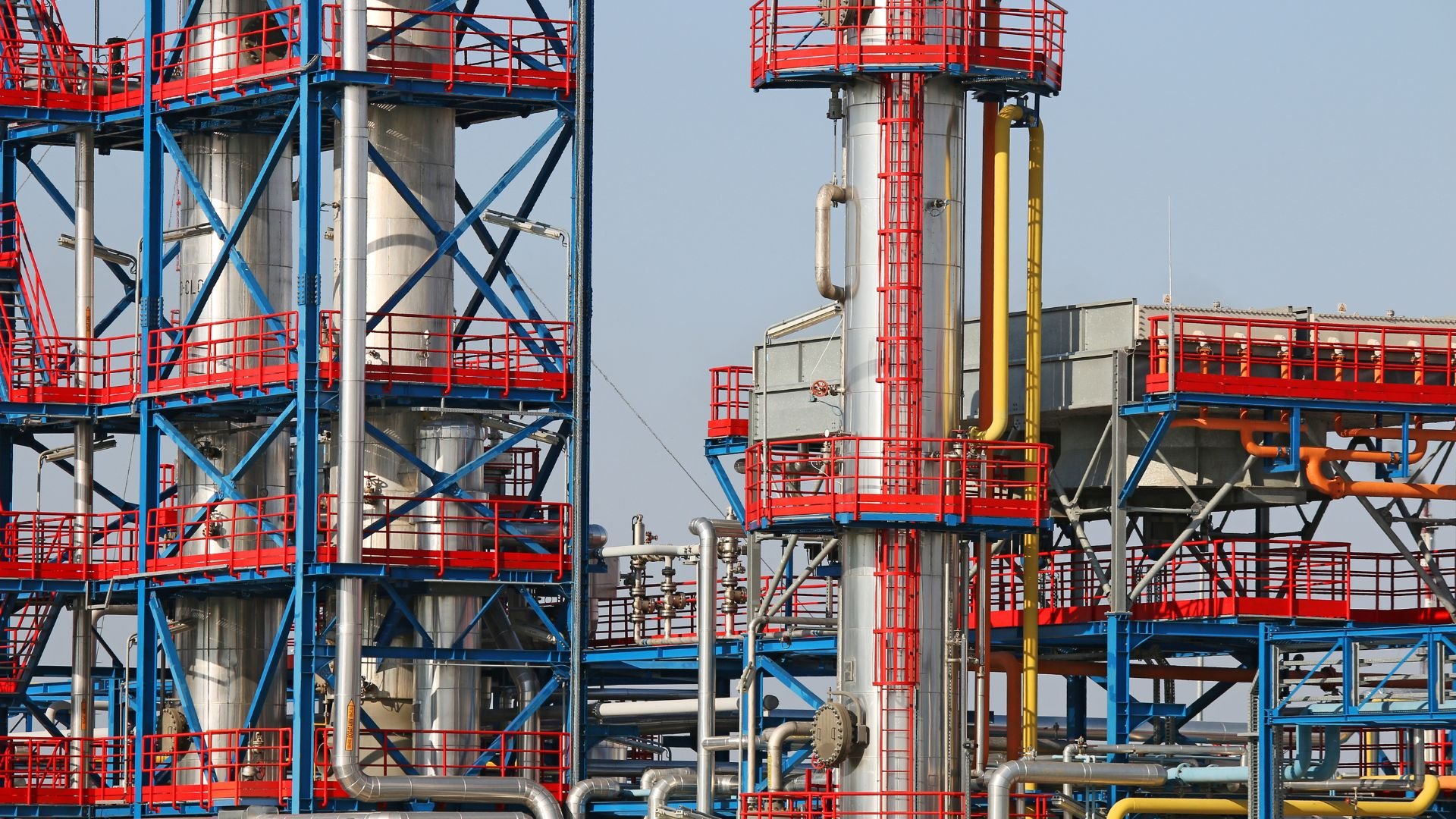Emergency Management in the Petrochemical Industry: Irwin's Strategies for Safety and Compliance
by Emilia Dudova, on Apr 17, 2024 1:36:36 PM

Petrochemical facilities, which convert natural resources like oil and natural gas into essential chemical products, carry significant risks due to the flammable and sometimes toxic materials they handle. Safety and operational integrity in such environments are essential, as the potential for catastrophic incidents not only poses severe threats to worker safety and environmental health but also impacts economic stability and community well-being. Understanding and mitigating these risks through established safety protocols and emergency management practices are critical for maintaining the robust operation of any petrochemical facility.
Common Risks of Petrochemical Plants:
Before any effective emergency plan can be put in place, it is crucial to understand the risks associated with the petrochemical industry. These include:
- Chemical spills and leaks: The accidental release of hazardous chemicals can lead to severe environmental and health impacts.
- Fires and explosions: Highly flammable materials present throughout the processing and storage areas pose significant risks to workers in the facility.
- Equipment failures: High-pressure systems and chemical reactions rely on robust equipment to function safely. Failure can lead to catastrophic events.
Key Strategies for Emergency Management
1. Comprehensive Risk Assessments
Regular risk assessments are foundational to understanding and mitigating potential hazards. These assessments should include identifying vulnerabilities in the storage and handling of hazardous materials, evaluating the structural integrity of facilities, and ensuring all safety systems are operational and effective.
Safety Training is a critical component of emergency preparedness. Employees must be trained not only on routine safety procedures but also on specific actions to take during an emergency. This includes handling chemical spills, operating fire suppression systems, and executing evacuation protocols.
3. Monitoring and Detection Systems
Implementing monitoring and detection systems can significantly enhance safety. These systems provide real-time data on equipment performance and environmental conditions, allowing for early detection of irregularities that could lead to emergencies.
4. Incident Command System (ICS)
The ICS is a standardized approach to the command, control, and coordination of emergency response procedures. Adopting an ICS ensures that there is a clear chain of command, with individuals designated to make critical decisions during an emergency.
5. Regular Drills and Simulations
Conducting regular emergency drills and simulations ensures that employees know how to react in various scenarios and that all emergency systems function as expected. Drills should be varied to cover different types of emergencies, from chemical leaks to fires and medical emergencies.
Collaborative Efforts and Community Engagement
Engaging with local emergency services, regulatory bodies, and the community is essential. Collaborative drills with local fire and police departments can prepare both the company and local responders to work effectively together. Community engagement also helps to build public trust and ensures the community is informed about the steps being taken to safeguard their environment.
Continuous Improvement
Emergency management is not a static process. Continuous improvement, driven by the analysis of drill performance, updates in technology, and changes in regulations, is vital. After-action reviews to dissect what worked well and what didn't post-drills or actual emergencies provide invaluable insights that can refine and enhance emergency response strategies.
Irwin's Safety: Your Partner in Emergency Management & Support.
Irwin's Safety is your trusted emergency support partner, specializing in offering comprehensive safety solutions tailored to high-risk industries like the petrochemical sector. With a wide range of emergency services, Irwin's Safety ensures that your facility is prepared for any emergency. Our team is equipped to provide not only rapid response rescue operations but also strategic safety consulting that aligns with industry best practices. By integrating the ICS framework, we enhance your organization’s ability to manage complex incidents efficiently and effectively, ensuring command and control is maintained during critical situations. In addition, our training department is here to help on all of your safety training needs. Partner with Irwin's Safety to safeguard your operations, minimize risks, and uphold your commitment to safety and regulatory compliance.
.png?width=162&height=64&name=IRWINS%20website%20logo%20(1).png)
